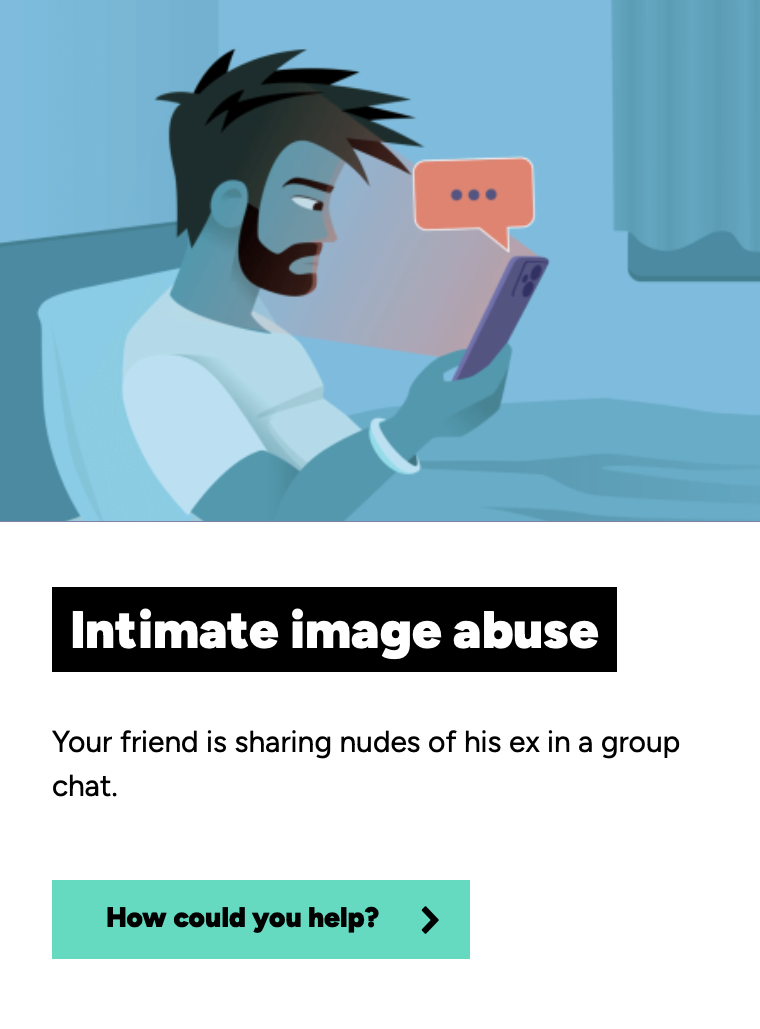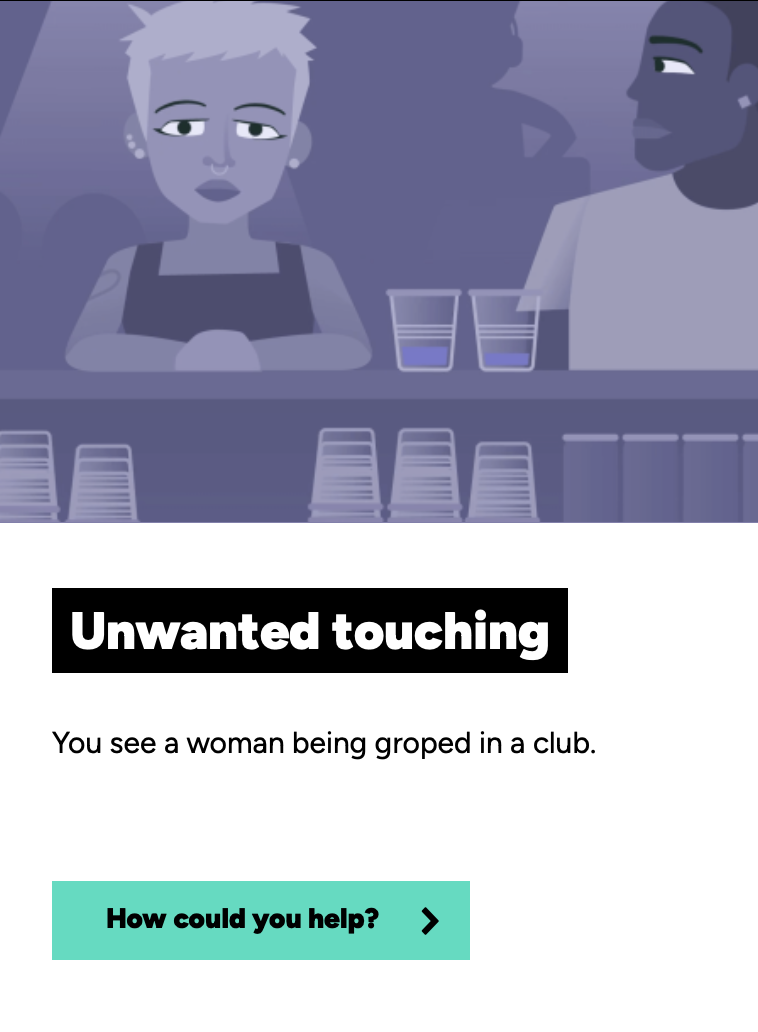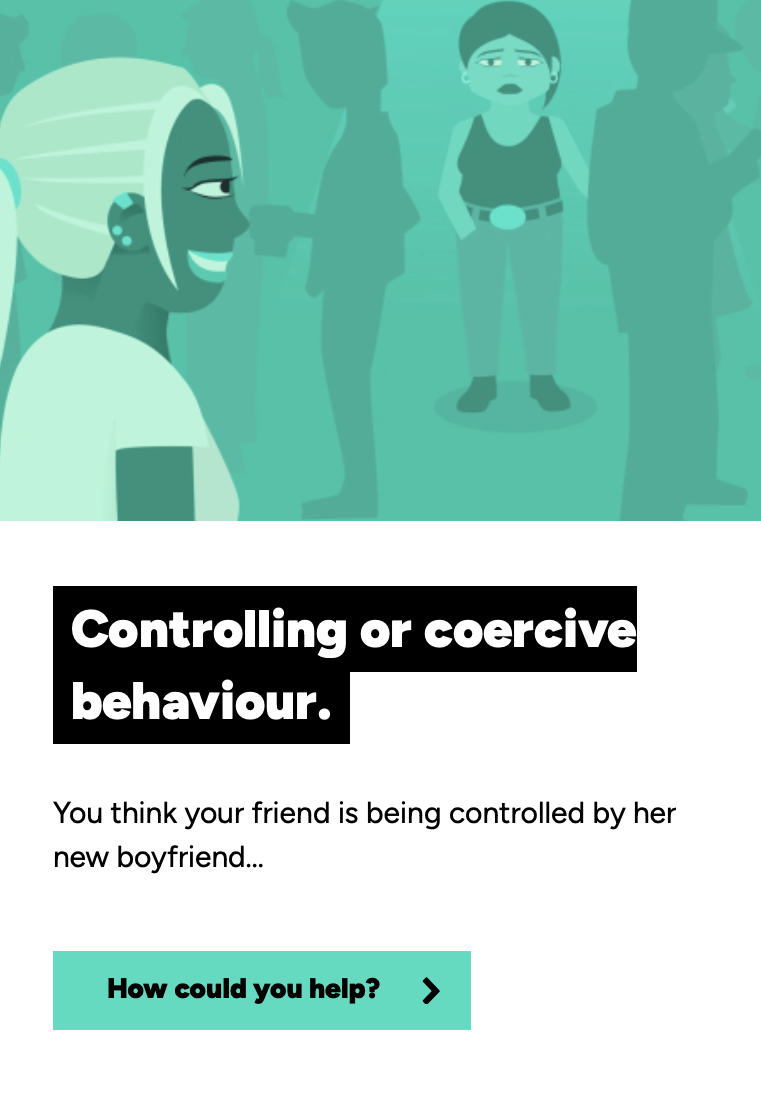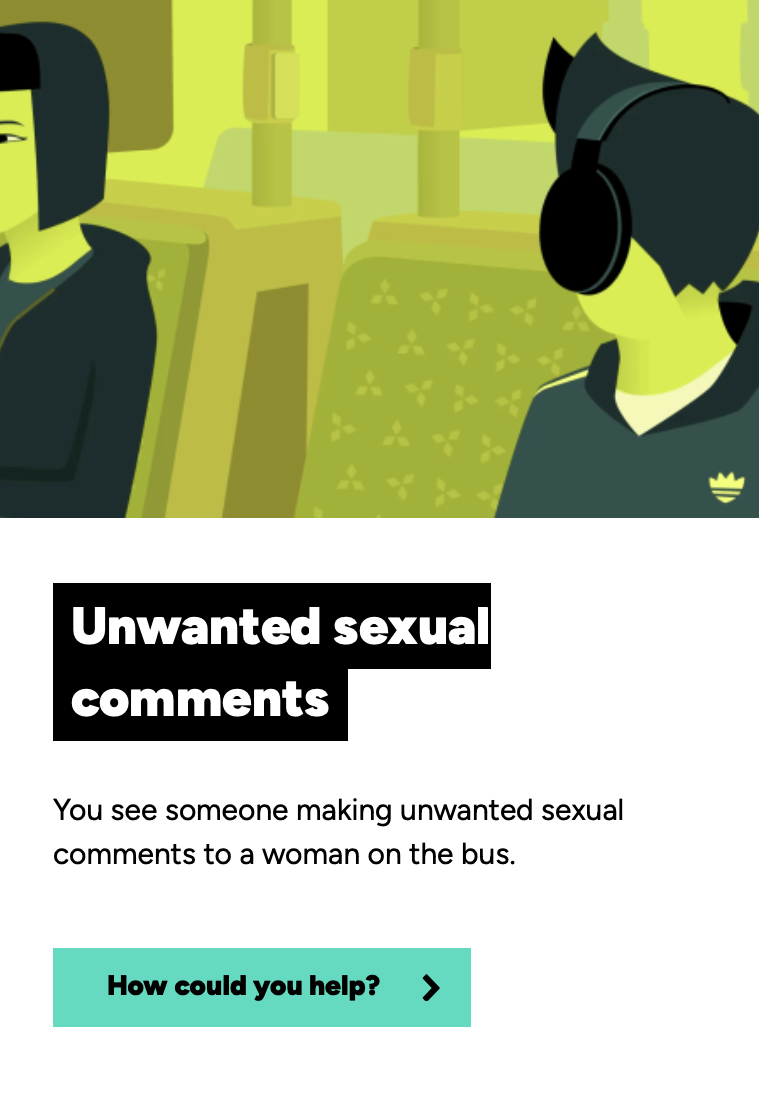Sexual violence in conflict has devastating effects on women, girls, boys, and men. These effects can have a rippling impact on families and communities. As a Security Operative, you may witness Sexual Violence while at work. So what do you do? Each circumstance will need to dealt with differently depending on the circumstances, so this page intends to provide resources that may help you.
Definitions:
Sexual exploitation: Actual or attempted abuse of a position of vulnerability, power, or trust, for sexual purposes, including, but not limited to, profiting monetarily, socially or politically from the sexual exploitation of another.
Sexual abuse: Actual or threatened physical intrusion of a sexual nature, whether by force or under unequal or coercive conditions.
Safeguarding against sexual exploitation and abuse and sexual harassment is everyone’s responsibility. We will only achieve the change we want to see if we work together.
Ask Angela
The Met and the Mayor of London have joined together with Safer Sounds, part of the Safer Business Network, and licensed venues across the capital to help keep people safe while enjoying a night out.

The safety initiative ‘Ask for Angela’ is being rolled out to bars, clubs and other licensed businesses across London. People who feel unsafe, vulnerable or threatened can discreetly seek help by approaching venue staff and asking them for ‘Angela’. This code-phrase will indicate to staff that they require help with their situation and a trained member of staff will then look to support and assist them. This might be through reuniting them with a friend, seeing them to a taxi, or by calling venue security and/or the police.
Venues that support ‘Ask for Angela’ have been given Welfare And Vulnerability Engagement (WAVE) training. Delivered by the Met’s licensing officers and Safer Sounds, it gives staff the ability to help customers who may be in a situation that makes them vulnerable or unsafe.
‘Ask for Angela’ was originally developed by Lincolnshire County Council and adopted by the Met in 2016 as a localised initiative by its police licensing officers. The introduction of WAVE training in 2017 underpinned the delivery of Ask for Angela and more venues began to take on the initiative.
Organisations can receive WAVE training through the Safer Sounds Partnership or via their local licensing team. The training explores what vulnerability is, how to identify it and appropriate interventions. A range of online assets and webinars are available.
You can visit Safer Sounds website
We have also set up our own learning module with an assessment to see how well you understand the scheme, you can check it out here.
Supporting women and girls' safety: SIA email campaign
In October 2021, the SIA sent an email to all SIA front line licence holders, reminding them of the vital role they play in protecting members of the public.
Click here to read
Enough Campaign
The Home Secretary has launched a new, multi-year national communications campaign which says ‘Enough’ to violence against women and girls.
The campaign includes television adverts, billboards, social media and radio advertising and will highlight different forms of violence against women and girls and the simple acts that anyone can take to challenge perpetrators of abuse. Forms of violence against women and girls represented include street harassment, coercive control, unwanted touching, workplace harassment, revenge-porn and cyber-flashing.
Alongside advertising, a new website provides more information on the steps people can take to safely challenge violence against women and girls, guidance for victims of these crimes and advice for perpetrators who recognise their behaviour needs to change. You can learn more about this campaign in the press release or visit the website.
CSE
Child sexual exploitation (CSE) is a type of sexual abuse. When a child or young person is exploited they're given things, like gifts, drugs, money, status and affection, in exchange for performing sexual activities. Children and young people are often tricked into believing they're in a loving and consensual relationship. This is called grooming. They may trust their abuser and not understand that they're being abused.
Children and young people can be trafficked into or within the UK to be sexually exploited. They're moved around the country and abused by being forced to take part in sexual activities, often with more than one person. Young people in gangs can also be sexually exploited.
Sometimes abusers use violence and intimidation to frighten or force a child or young person, making them feel as if they've no choice. They may lend them large sums of money they know can't be repaid or use financial abuse to control them.
Anybody can be a perpetrator of CSE, no matter their age, gender or race. The relationship could be framed as friendship, someone to look up to or romantic. Children and young people who are exploited may also be used to 'find' or coerce others to join groups.
Over the last few years, there has been an increase in the profile and awareness of child sexual exploitation and other forms of child sexual abuse. The true scale of child sexual abuse is still not known, however we do know that in 2016 around 54,000 sexual offences against children were reported to the police and 1 in 20 children and young people have experienced child sexual abuse. It is thought that this is just the tip of the iceberg and that the true figure may be much higher.
Whilst some may feel that sexual exploitation and other forms of abuse are an issue for the police and children’s services to deal with; the reality is that we all come in to contact with a child or young person at some point in our lives, either personally or professionally. Therefore we can all play an active role in preventing sexual abuse and exploitation, help to create safer environments for children and young people, and support those who experience it in the best way we can.
Toolkit for Professionals Working in the Night Time Economy
This guidance has been produced by The Children’s Society as part of the National CSAE Prevention Programme for England and Wales, in partnership with Victim Support and the National Police Chiefs’ Council (NPCC).
This toolkit aims to offer some advice and information for professionals working in the night time economy (NTE) in relation to child sexual exploitation (CSE) and other forms of abuse, and hopefully provide insight for those working within this sector.


What you can do as a Security Officer to stop child sexual exploitation
SIA Guidance: Advice for security operatives
Find out what you can do to stop child sexual exploitation, how you should restrain someone and what you should consider when interacting with trans customers. The SIA has provided this resource to help you.





